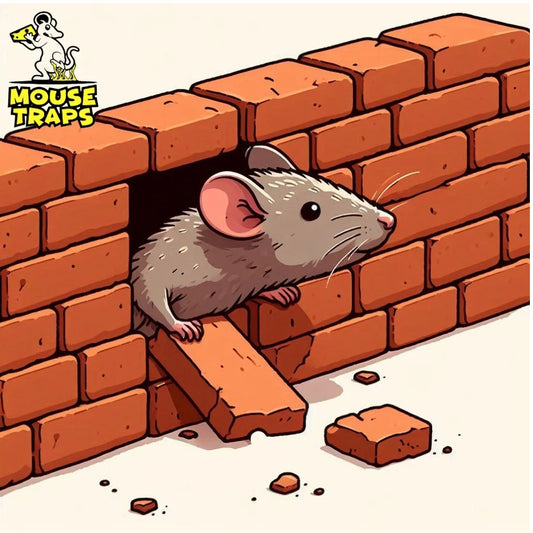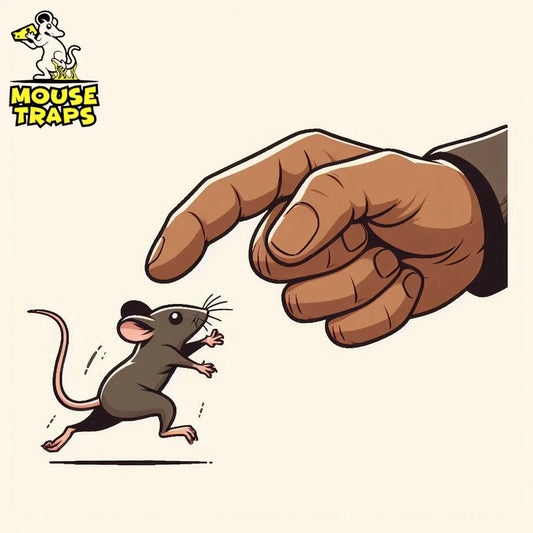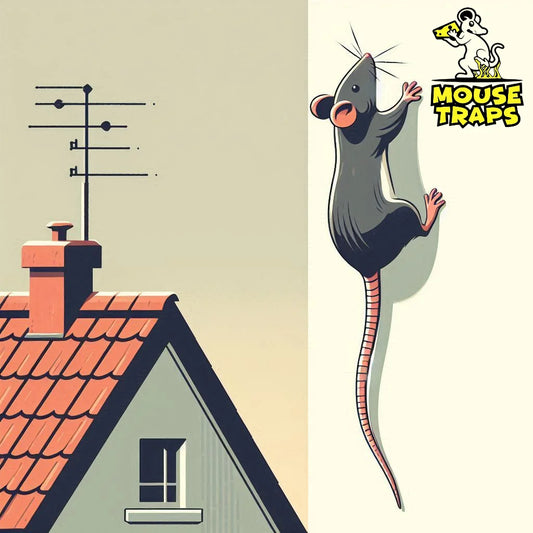Introduction:
In the fight, against invasions there is a growing interest in finding kinder and environmentally friendly ways to deal with the issue. Conventional approaches like traps and chemicals are under scrutiny due to their impact on the environment. Here come electronic mouse traps, praised as a breakthrough, in pest management. But what are the environmental ramifications of employing these electric guardians in the UK? Let's embark on a journey to uncover the truth behind the buzz of electronic mouse traps.
Understanding the Landscape: Rodent Control in the UK
Before delving into the environmental impact, it's crucial to grasp the magnitude of the rodent predicament in the UK. From bustling urban centers to serene countryside retreats, no corner is immune to the scurry of tiny paws. Rats, especially present a problem by causing harm to belongings and spreading diseases without any regard.

Homeowners and businesses have been exploring options, in reaction including using traps and chemical deterrents. However due to the impact of these approaches there is a growing interest, in seeking environmentally friendly alternatives.
The Rise of Electronic Mouse Traps:
Enter electronic mouse traps, armed with precision sensors and a lethal dose of electricity. When compared to traps these gadgets offer an compassionate solution, to the rodent problem. However do they truly live up to their promise of being environmentally friendly?

Environmental Implications Unveiled:
- Reduced Chemical Dependency: Traditional rodenticides often contain potent chemicals that pose risks to non-target species and ecosystems. By eliminating the need for such toxic substances, electronic traps offer a breath of fresh air for environmental conservation efforts.
- Minimal Collateral Damage: One of the primary concerns with conventional traps is the inadvertent harm inflicted upon unintended victims, such as pets or native wildlife. Electronic traps, with their targeted approach, mitigate the risk of collateral damage, fostering harmony within the ecosystem.
- Energy Consumption: While electronic traps boast efficiency in dispatching rodents, critics raise eyebrows at their energy consumption. The power needed to operate these gadgets should be carefully examined, in areas where fossil fuels are the main source of energy.
Expert Insights:
In my quest to better understand the aspects of electronic mouse traps I connected with Dr. Emily Green, an ecologist focusing on managing urban wildlife. Dr. Green highlighted that while electronic traps offer potential in pest control it's crucial to consider their advantages in light of energy usage and manufacturing effects. As with any intervention, a holistic approach is paramount, considering the broader ecological context."

Real-Life Examples:
Sarah, a resident of London, recounts her ordeal with rat infestation and her transition to electronic mouse traps. "Traditional traps posed risks to my pets and neighboring wildlife," she laments. "But since switching to electronic traps, I've noticed a significant reduction in rodent activity without compromising the environment."
Addressing Counterarguments:
Critics argue that electronic traps, while effective, contribute to electronic waste and resource depletion. Truly when looking into the life cycle of gadgets we uncover environmental impacts, from production, to disposal. As consumers it's crucial to consider these aspects and seek ways to responsibly dispose of and recycle them.

FAQs:
Conclusion:
Navigating the realm of controlling rodents electronic mouse traps shine as a ray of optimism, for individuals. Though their impact on nature needs examination their ability to transform pest control is truly remarkable. By combining progress and environmental responsibility we can navigate the world of management while preserving natures delicate harmony. Lets embark on this adventure hand in hand one shock, at a time.




